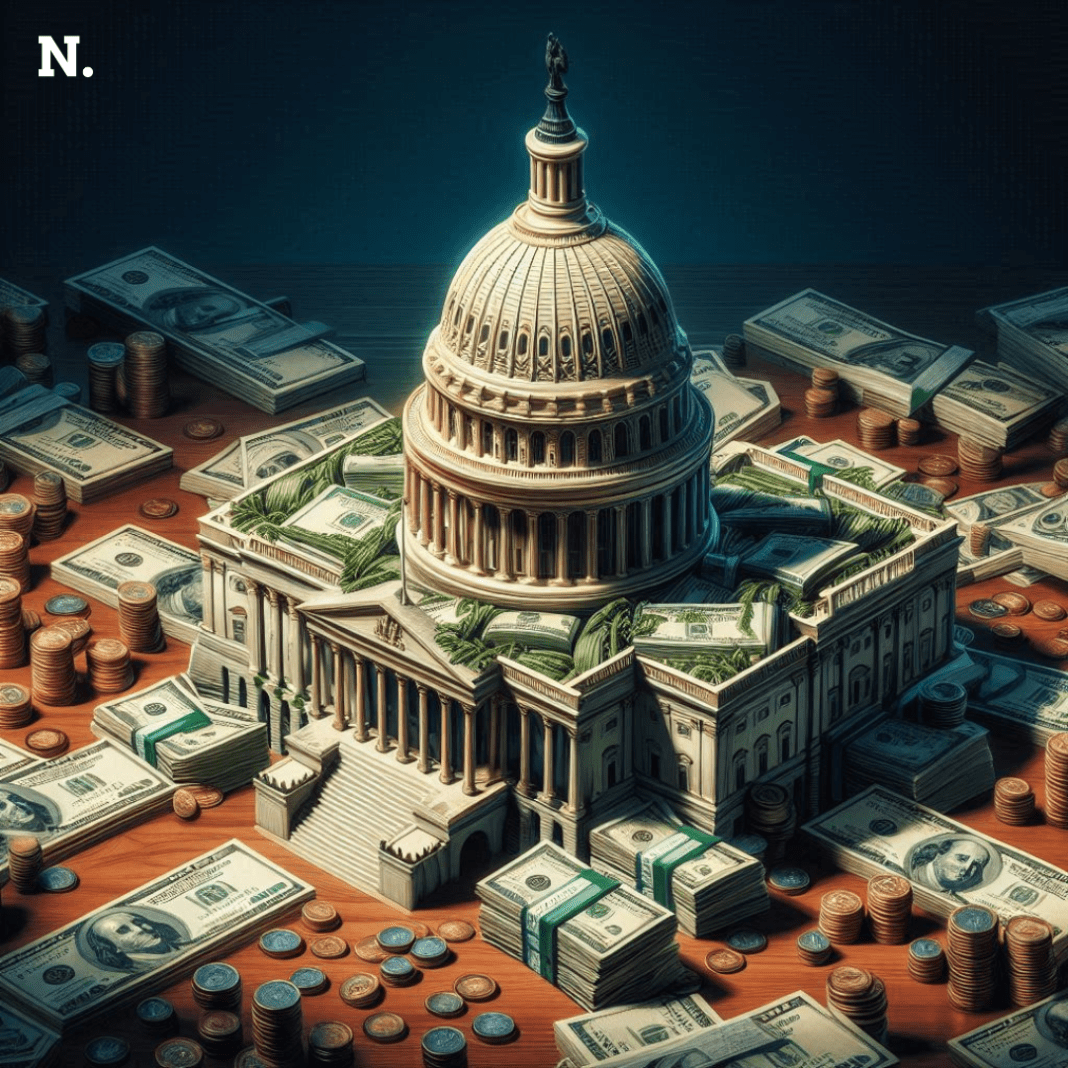In a crucial decision, congressional leaders reached an agreement to avert a possible federal shutdown. They passed a short-term spending bill to fund federal agencies for the next three months. This temporary solution ensures government operations will continue without disruption. The current budget year comes to a close on October 1. The spending bill prevents any immediate shutdown at that time. Final spending negotiations will now take place after the November elections. This gives lawmakers more time to debate and finalize a comprehensive spending package. The short-term measure provides a temporary fix to avoid immediate crisis.
This agreement is a pivotal move. A federal shutdown could have wide-reaching effects on public services. Daily government functions would be disrupted without the funding. Agencies would have been forced to halt operations. This could have had major consequences for citizens. Many people rely on these essential services.
Temporary Spending Bill: A Temporary Solution
Congress passes temporary spending bills to maintain government funding at current levels. They do this until they craft a more permanent solution. In this case, the stop-gap measure extends funding until mid-December, allowing Congress more time to work on a full-year spending plan after the upcoming election on November 5.
In addition to maintaining current spending, the new bill includes $231 million in additional funds for the Secret Service. This increase comes after two assassination attempts against a leading presidential candidate, which brought the agency’s need for extra support into the spotlight. The added funding also includes assistance for the upcoming presidential transition process.
Initially, the path to this agreement was not straightforward. House Speaker Mike Johnson, under pressure from the more conservative members of his party, proposed linking the temporary funding to a voting mandate. This mandate would have required states to implement stricter voter registration requirements, particularly the need for proof of citizenship when registering to vote. However, significant opposition arose to this approach, and lawmakers ultimately abandoned it to ensure the bill’s passage.
Bipartisan Agreement to Avoid Shutdown
After Johnson’s initial proposal failed, bipartisan talks began to ensure that government operations would not be disrupted. Both Democratic and Republican leaders agreed that a shutdown would be harmful, especially with the election so close. By keeping the government funded, lawmakers have avoided the potential fallout that a shutdown would have caused, from delaying government services to creating financial uncertainty for many federal workers.
The agreement reached is not a comprehensive solution but rather a temporary fix. Congress intends this short-term measure to buy more time. They need to agree on a full-year spending plan after the election. Lawmakers from both parties recognized the need to avoid brinkmanship. Many expressed relief that they reached an agreement.
While there were differences in opinion, lawmakers ultimately saw the wisdom in keeping government operations running smoothly. Both Democratic and Republican leaders acknowledged that a shutdown would have been damaging not only for the federal government but also for the American people, who rely on its services.
Challenges in Future Budget Talks
Although this agreement prevents an immediate shutdown, it does not resolve all the difficulties that lie ahead. The temporary funding bill ensures that government operations can continue for now, but the battle over a full-year spending plan has only been postponed.
The spending measure is described as “very narrow” and “bare-bones” by lawmakers. It includes only essential funding extensions, such as additional resources for the Secret Service, but it does not resolve broader budgetary disagreements that will likely come to the fore in December. Some lawmakers worry that the political climate after the November election could further complicate efforts to reach a final agreement on long-term government funding.
For now, the temporary bill puts federal funding on “autopilot,” ensuring that the government will not shut down before the election. However, as the election results unfold, political dynamics may shift, making future negotiations more complex. If one party performs particularly well, they may push for changes in budget priorities, leading to more drawn-out debates over the final spending package.
In the meantime, lawmakers have expressed a sense of relief that a shutdown was averted. Both Democrats and Republicans recognize the importance of keeping government services operational, especially in the weeks leading up to such a significant election. A shutdown would have only caused uncertainty and frustration among the public, potentially impacting voter sentiment as well.
By extending government funding into December, Congress has ensured that the American public will not face disruptions to essential services, such as healthcare, education, and federal programs, at least for now. The battle over future spending is far from over, but for the moment, a crisis has been avoided.





